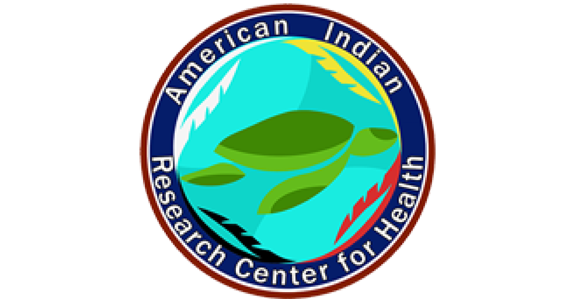 |
AIRCH
AIRCH is a collaborative project between the Inter-Tribal Council of Arizona (ITCA) and the University of Arizona (UA) to encourage practical research that improves the health status of American Indian people
|
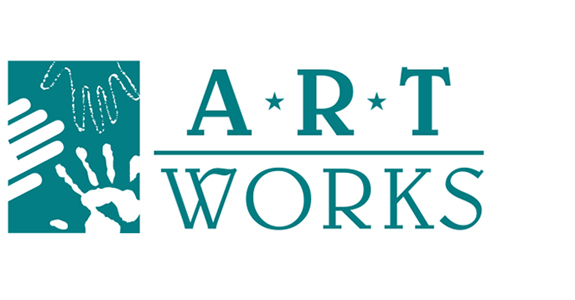 |
Artworks
Providing adults with disabilities with an opportunity to develop their artistic potential while at the same time offering training, research opportunities, and field experiences to students and professionals interested in learning about the multiple uses of the visual arts for people with disabilities.
|
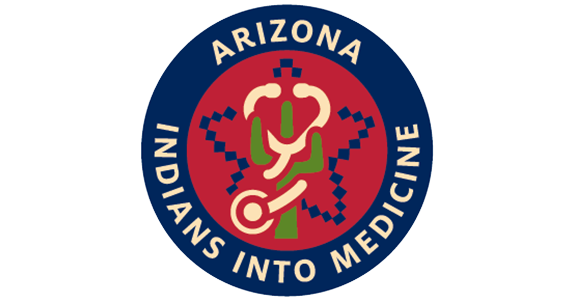 |
AZ INMED
Enhancing the recruitment, retention and graduation rates of Native health professional students. Helping Native health professions students thrive and succeed.
|
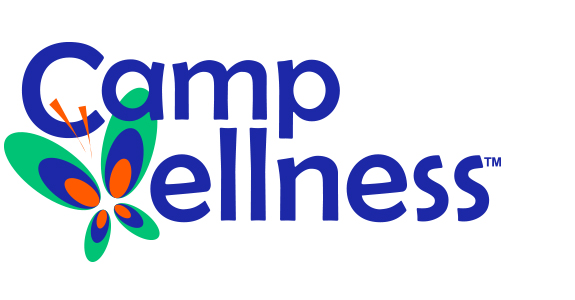 |
UA RISE Health and Wellness Center, home of Camp Wellness
Promoting expanded knowledge, skills, health and wellness through a 9-week program for people with psychiatric and/or substance use disorders. Participants continue to receive community and peer support after completion.
|
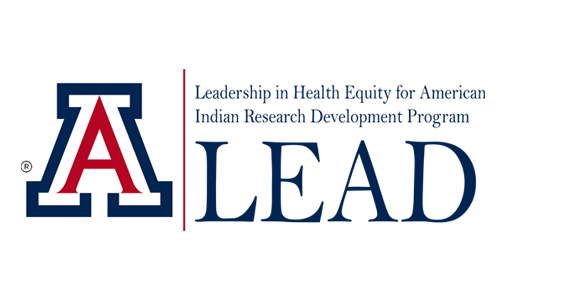 |
LEAD – Leadership in Health Equity for American Indian Development Program
Supports incoming first-year students and transfer students with the tools they need to succeed at the University of Arizona. LEAD is a one-year mentoring program for AI/AN students that provide a welcoming and supportive learning environment.
|
 |
Mobile Health Program
Empowering underserved communities to develop sustainable systems that increase access to health promotion, disease prevention, and health care services. Its holistic approach is accomplished through direct interaction and partnership with the community by program staff, Community Health Workers, Interns, Pre-med, Medical Students and Family Medicine Residents.
|
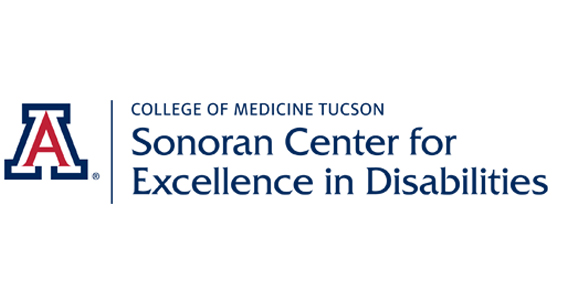 |
Sonoran Center for Excellence in Disabilities
Serving as a resource for people in the areas of education, research and service relative to the needs of people with developmental disabilities.
|
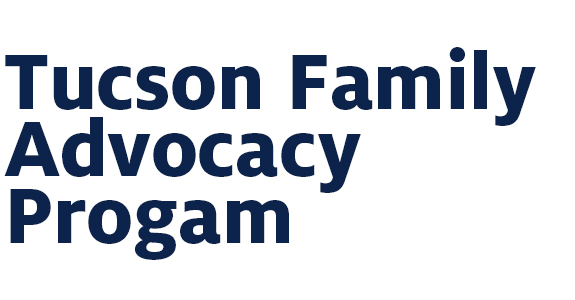 |
Tucson Family Advocacy Program (TFAP)
Multidisciplinary partnership of healthcare providers and lawyers working together to improve the health and well being of low-income patients and their families.
|
 |
Wassaja Carlos Montezuma Center for Native American Health
Established in 1983 by The University of Arizona Board of Regents and serves as a national resource for Native American communities and for persons working with Native American populations, especially those with chronic diseases or disabilities.
|
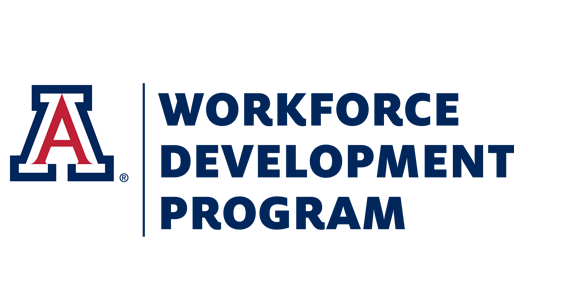 |
Workforce Development Program, Certified Recovery Support Specialist Institute
Training individuals with serious mental health and/or substance use concerns, to provide support services to their peers in achieving their stated goals of employment. In addition, other benefits include gaining knowledge, skills, inspired attitudes, employment, professional growth, and enhancing their own recovery and quality of life.
|














